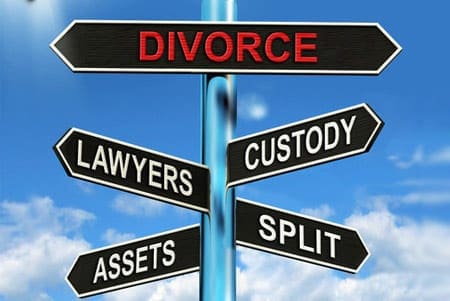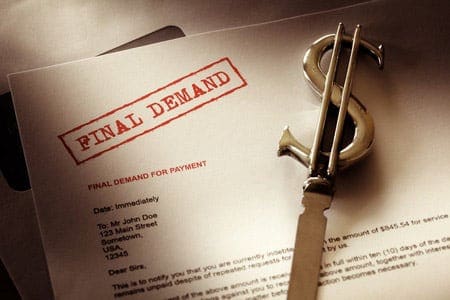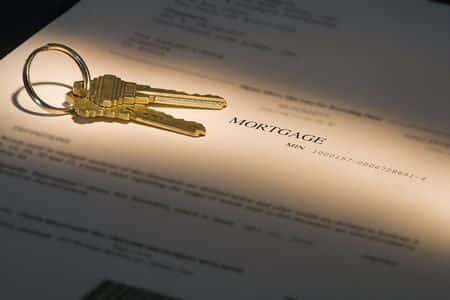Dealing with a Divorce and Marital Debt at the Same Time
Filing for bankruptcy and dealing with a divorce are both traumatic life events. Few people imagine they might have to deal with both at the same time.
In reality, these two areas of life and law often go hand-in-hand. It is not unusual for the emotional and financial stresses of one situation bring the other into the picture. Consider:
Costs of a Divorce. The financial impact of a divorce, including decreased household income and marital debt, can easily create a situation where you must consider filing for bankruptcy protection.
The Stress of Debt. In the opposite situation, the stress of unmanageable debt, lost income, and unemployment – all scenarios that lead to bankruptcy – often contribute to the break-up of a marriage.
t Harold Shepley & Associates, LLC, we’re ready to help you out of the darkness of some of life’s most troubled situations. Call us today at 877-827-9006 or visit our Contact page. There is light at the end of this process and our concerned and accomplished attorneys can help you find it.
How Divorce and Bankruptcy affect One Another
When contemplating both divorce and bankruptcy, it is important to know how one affects the other.
Filing a Joint Bankruptcy Petition
First, only people that are legally married may file a joint bankruptcy petition under 11 U.S.C. §302(a). If a divorce has been filed, but a Decree in Divorce is not issued prior to the filing of the bankruptcy case, then a married couple may still file a joint bankruptcy petition. This can be beneficial in regards to the costs of filing.
Separate filings call for separate attorney’s fees, separate filing fees and separate Consumer Credit Counseling fees, because two cases are indeed being filed. By filing a joint petition a couple that is still married can save money that may be desperately needed for other obligations.

Assigning Marital Debt
Second, while dividing assets in a divorce is traditionally the primary focus area for attorneys in a divorce, marital debt must also be assigned. By filing bankruptcy prior to finalizing a divorce, the parties can eliminate significant marital debt and then focus on splitting assets instead of debt.
Protecting Property in a Divorce and Bankruptcy
Third, when a divorce is filed it may automatically change the nature of property and a debtor’s ability to protect certain property.
The most common example is a retirement plan. Under Federal Bankruptcy Exemptions, retirement plans through an employer of almost all kinds are exempt in whole as per 11 U.S.C. §522(d)(12). However, when you file for divorce the non-participating spouse in a retirement plan cannot take advantage of 11 U.S.C. §522(d)(12) to protect their marital share of the retirement plan. They must instead use 11 U.S.C. §522(d)(5), which offers very limited protection.
Attorneys Handling Both Bankruptcy and Divorce
Obviously, these are but a few of the considerations that can come into play when divorce and bankruptcy go hand-in-hand. Don’t face these traumatic situations alone.
It is important to contact experienced and knowledgeable counsel to guide you through all the potential pitfalls and put together a plan of action that best serves your needs.
And if you are working with a bankruptcy attorney and a divorce lawyer, make certain that both are aware of one another. This will allow them to communicate with each other to further your interests. There is nothing worse for a divorce attorney than to be “surprised” with information that you have filed for bankruptcy protection…except for your bankruptcy attorney to find out that you have filed for divorce!
When you work with the accomplished legal team at Harold Shepley & Associates, LLC, you’ll find that we can handle both sides of the equation for you with grace and empathy. Our genuine desire is to help turn your life around and put you back on a solid foundation.
The consultation is free; the time for waiting and searching for answers is over. Call us today at 877-827-9006 or use our easy-to-complete contact form. Our attorneys will be delighted to speak with you.





